|
The Raleigh Chopper Owners Club |
||||||||||
|
||||||||||||||||||||||||||||||||||||
| HOME PAGE | ||||||||||||||||||||||||||||||||||||
| |
This site will be continually updated!!
|
|||||||||||||||||||||||||||||||||||
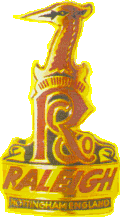 Now new managing director Phillip Darnton, who took over the reins of the
company on Tuesday, has told the workforce that the firm is to relocate to a new
"brownfield" site, which is yet to be identified.
Now new managing director Phillip Darnton, who took over the reins of the
company on Tuesday, has told the workforce that the firm is to relocate to a new
"brownfield" site, which is yet to be identified.| THE RALEIGH YEARS |
| 1887: Raleigh Cycle Company founded by Sir Frank Bowden. |
| 1896: Company moves from four-storey building in Russell Street to seven-and-a-half-acre site in Radford. |
| 1902: A new department making Sturmey Archer gears is created, after Frank Bowden is approached by Henry Sturmey and James Archer |
| 1914: Half the production capacity - now totalling 50,000 bicycles a year - is turned over to munitions work. |
| 1921: Sir Frank dies and company is taken over by his son, Sir Harold Bowden. |
| 1939: Normal cycle production severely curtailed as Raleigh begins its contribution to the war effort. |
| 1952: A ten-acre extension is opened by the Duke of Edinburgh. |
| 1957: Another new extension - a £5m factory covering 20 acres - is built. |
| 1960s: Around 8,500 staff are employed by the company |
| 1970: The first appearance of the Raleigh Chopper |
| 1982: The Burner BMX range is launched, and sells half a million is less than two years. |
| 1985: Raleigh builds its first mountain bike. |
| 1989: Production stands at 771,000 bicycles |
| 1991: The firm's workforce falls from 1,800 to 1,200 year as the recesssion starts to bite. |
| 1996: The number of staff falls to 800. |
|
|
|
| YOUR CHANCE TO HAVE YOUR SAY | |
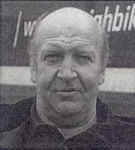 |
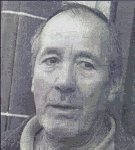 |
| MICK ASHTON, 55, of Mosswood Crescent in Bestwood Park, a distribution driver who has worked at Raleigh for 13 years: "It's a sad day. It will have a detrimental effect on the local economy. But it had to come because land is a valuable asset. It won't affect the quality of machines." | FRED CULLEY, 64, of Newthorpe
Common in Eastwood, who worked at Raleigh for 18 years: "I
feel sad. It was absolutely brilliant working there. "Whole families worked there, and everybody knew everybody. It won't be the same." |
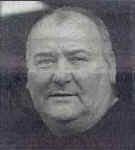 |
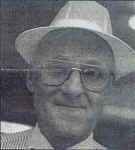 |
| NEALE HASKEY, 52, landlord of the
White Horse pub in Ilkseton Road: "A lot of people who
work at Raleigh and come in, also use the place at the weekends. "I'm disappointed more than anything. The area is being decimated." |
GEOFF PERRY, 60, owner of the Supreme Fish and Chip Bar in Wollaton Road: "I feel very sad at the passing of the Raleigh site. It's a loss to the history of Radford. " I was an engineer, and when you left school it was either Rolls-Royce or Raleigh." |
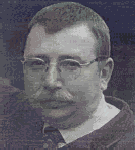 |
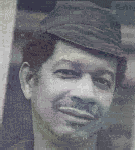 |
| PETER DARBY, 43, owner of Balfour
and Darby Newsagents in Wollaton Road: "We do get a lot of
early morning trade, which we will miss. It's bound to have an impact on
the area. "Not as big as in the mid-1980s, but you don't like to lose any business." |
AINSLEY LETFORD, 53, of Anslow
Avenue in Lenton Abbey, a tool-setter who has worked at Raleigh for 35
years: "It does bother me, but what can we do? It's a
really different place now - it used to be like a little village. "I think it's sad for the area." |